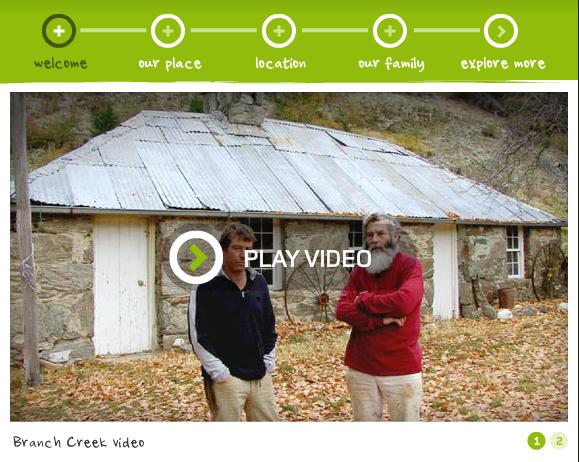At KSV, we do a lot of digging to find out what’s happening in the world of consumers. “Local” and “organic” are two buzz words that come up time and again in our food-specific research. Though these terms have come to be simple labels for most of us, they actually represent two very important questions – where did this product come from, and how was it made?
The same questions should be asked about other products as well, even products we don’t ingest. Indeed, many outdoor brands are developing creative ways to respond to these questions.
Wool apparel brand Icebreaker answers the question, “where is this from?” by connecting customers with the source – in this case, sheep farms in New Zealand. Icebreaker products feature a “baacode” that buyers can enter on the Icebreaker website to view the farm where the wool was produced, hear from the farmer, and learn about the region.
But it’s not just about where the product is from, it’s also about how it was made.
That’s where Patagonia shines. The brand’s “Footprint Chronicles” examines the entire production process for more than a dozen products and communicates the information on a special section of its website.
Patagonia doesn’t claim to produce clothing with zero waste. Instead, the company carefully researches the issues inherent in the production of its products, designs a strategic framework to combat the issues, and takes action.
The examples of Icebreaker and Patagonia are further proof of an important conclusion that KSV reached a while ago – it’s not simply about being green, it’s about being authentic.
At a time when the term “green” is used and abused, you have to really walk the talk. And you have to tell your people what you’re all about.
This doesn’t mean you’re expected to flip the switch and be 100% sustainable over night. That’s not realistic, or even possible. The product may be sustainable, but the business probably won’t be. Even if the brand could source the perfect, zero-impact materials, prices would soar. What good is a sustainable product if the business goes under?
That’s why KSV prefers to think about brands as responsible.
Responsible companies are aware of the impacts their products generate, socially and environmentally, and actively work to reduce the negative externalities. These brands make high-quality, effective products that consumers feel good recommending. They operate ethically and transparently – they’re authentic.
These days, brands have to do a lot to get a space in the shopping cart. If our research tells us anything, it’s that consumers genuinely want to trust brands, but ultimately, brands have to earn it.


